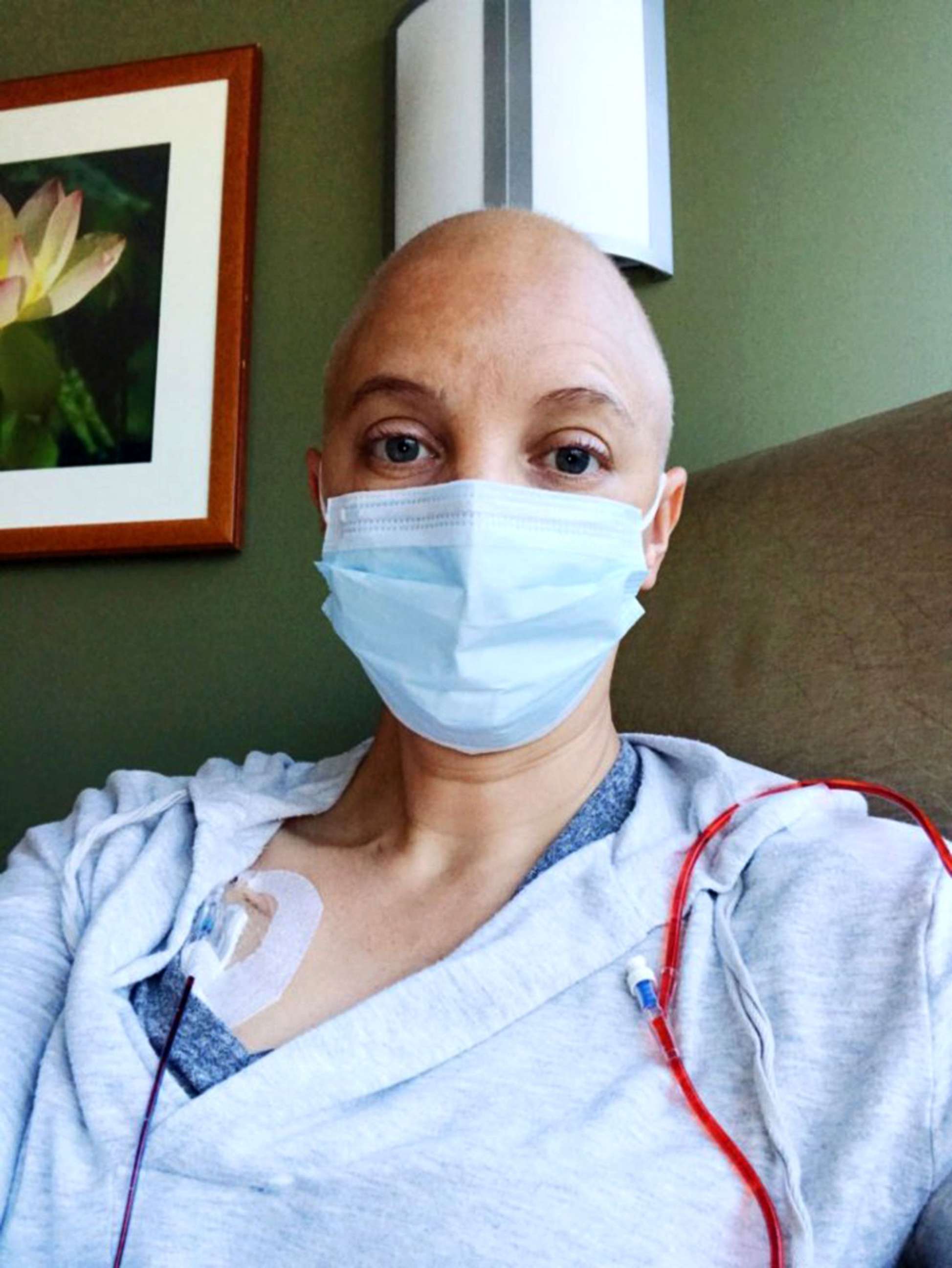Blue Cross Blue Shield of Louisiana has come under fire for its controversial practices regarding breast cancer treatment denials. A recent investigation by ProPublica has shed light on the insurance company’s pattern of denying coverage for certain breast cancer treatments, leading to a massive jury verdict and raising serious questions about patient care and insurance industry practices.
The Controversy Unfolds
The heart of the case lies in BCBS’s approach to approving treatments for breast cancer patients. According to the ProPublica report, BCBS has systematically denied coverage for a specific type of radiation therapy known as proton beam therapy. This advanced treatment is often recommended by oncologists for its precision in targeting tumors while minimizing damage to surrounding healthy tissue.
Despite the potential benefits of proton beam therapy, BCBS has labeled it as “experimental” or “investigational,” using these designations as grounds for denial. This stance has put it at odds with many medical professionals and breast cancer patients who argue that the treatment is both effective and necessary for certain cases.
The Human Cost
The impact of these denials on patients has been significant. Many women have been forced to undergo alternative treatments that may be less effective or carry greater risks of side effects. In some cases, patients have had to pay out of pocket for proton beam therapy, incurring substantial financial burdens on top of their health challenges.
One particularly poignant case highlighted involves a woman named Kathy Pleatman. Despite her doctor’s recommendation for proton beam therapy, BCBSLA denied coverage multiple times. Pleatman was left with the difficult choice of either accepting a potentially less effective treatment or paying $100,000 out of pocket for the recommended therapy.
Similarly, Raval Trial Law has represented patients who have faced similar denials for proton beam therapy treatment. In our experience, BCBS uses outdated and discredited guidelines as a means to deny cancer treatment.
Broader Implications for the Insurance Industry
This controversy raises important questions about the role of insurance companies in medical decision-making. While insurers have a responsibility to manage costs and ensure that treatments are evidence-based, there is massive concern that financial considerations are outweighing patient needs.
The situation with BCBS is not unique. Other insurance companies have faced similar criticisms for denying coverage of certain cancer treatments. This pattern has led to calls for greater transparency in the insurance approval process and more stringent regulations to protect patient interests.
|
Issue |
Impact |
|
Denial of Proton Beam Therapy |
Patients forced to seek alternative treatments or pay out of pocket |
|
Legal Action |
$421M verdict against BCBS |
Looking Ahead
As the legal battle unfolds and public scrutiny intensifies, the outcome of this controversy could have far-reaching implications for the insurance industry and cancer treatment coverage. It may lead to changes in how insurers evaluate and approve advanced medical treatments, potentially improving access to cutting-edge therapies for patients in need.
For breast cancer patients and their families, the hope is that this increased attention will lead to more transparent, fair, and patient-centered insurance practices. In the meantime, advocacy groups and medical professionals continue to push for greater recognition of proton beam therapy and other advanced cancer treatments.
At Raval Trial Law, we understand the complexities of insurance litigation and the profound impact it can have on individuals facing serious health challenges. If you’re dealing with insurance denials or disputes related to medical treatments, we are here to help. We are committed to advocating for patients’ rights and ensuring that insurance companies fulfill their obligations. Contact us to learn more about how we can assist you in navigating these challenging situations.


